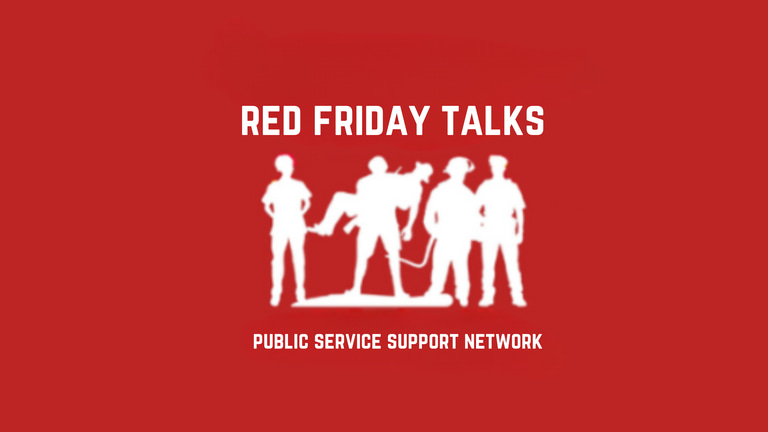After suffering narcissistic abuse, you might find yourself alone, damaged, and suspicious about your own reality. Your self-confidence might be destroyed, and your capacity to comprehend your experiences can be severely harmed by narcissists' manipulation, gaslighting, and emotional warfare techniques. A crucial step in your recovery process may be taking peer support training.
The Importance of Peer Support for Survivors
Validation and Understanding: Friends who have gone through comparable abuse are aware of the distinct dynamics and cunning strategies employed by narcissists. You may feel so misunderstood by others who have not experienced narcissistic abuse. Peer support training provides a safe space where you can share your experiences and be validated by individuals who truly understand what you have been through.
Empowerment: Narcissistic abuse can leave survivors feeling powerless and stripped of their agency. Peer support training can help survivors regain their sense of empowerment by providing them with tools and strategies to set boundaries, build self-esteem, and develop healthier relationships. Through shared experiences and learning from others who have successfully navigated their own healing journeys, survivors can gain the confidence to reclaim their lives.
Community and Connection: Isolation is a common consequence of narcissistic abuse. Survivors often withdraw from their social circles, feeling ashamed or afraid to share their experiences. Peer support training creates a community of individuals who have faced similar challenges, fostering a sense of belonging and connection. This community can provide ongoing support and encouragement as survivors navigate their healing process.
What to Expect from Peer Support Training
Education and Information: Peer support training equips survivors with knowledge about narcissistic abuse, its effects, and strategies for healing. Through workshops, group discussions, and educational materials, participants gain a deeper understanding of the dynamics of narcissistic abuse and the impact it has on their lives. This knowledge empowers survivors to make informed decisions and take control of their healing journey.
Skills Development: Peer support training focuses on developing practical skills that survivors can apply in their everyday lives. These skills may include assertiveness training, boundary setting, self-care practices, and effective communication techniques. By learning and practicing these skills within a supportive environment, survivors can gradually rebuild their confidence and regain control over their lives.
Emotional Support: Peer support training provides a space where survivors can express their emotions, process their experiences, and receive validation and empathy from others who have been through similar situations. Trained facilitators create a safe and non-judgmental environment where survivors can share their stories, ask for advice, and receive emotional support from their peers.
Conclusion
Narcissistic abuse can have long-lasting effects on survivors, but peer support training offers a path to healing and empowerment. Through validation, understanding, and skill development, survivors can reclaim their lives and build a supportive community of individuals who have shared similar experiences. If you are a survivor of narcissistic abuse, consider seeking peer support training as a valuable resource on your journey towards healing and empowerment.


